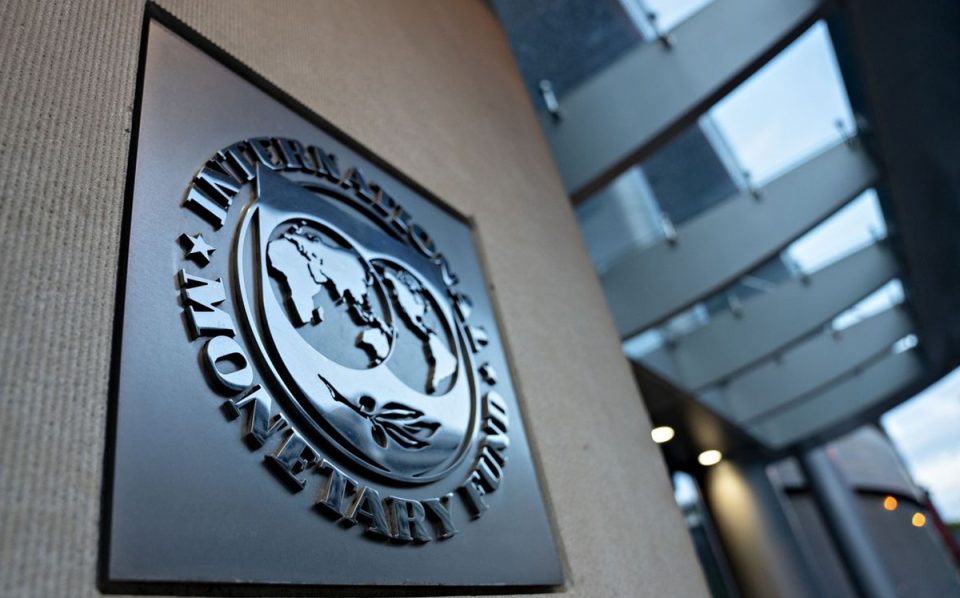The International Monetary Fund, IMF, has called on the Federal government to redirect the money spent on petrol subsidies to support vulnerable households to reduce the impact of food shortages and inflation triggered by flooding and climate change.
Making this call in Washington at the press briefing on the Regional Economic Outlook for Africa, Director, African Department, IMF, Abebe Aemro Selassie, stressed that petrol subsidies support families and households that are richer more than they do poorer households.
Among other things, the IMF in the Africa Regional Outlook said that one of the four urgent policy priorities confronting African countries is tackling food insecurity to protect the most vulnerable; with a focus on effective and affordable measures that channel scarce resources to those who need them most.
Speaking on options available to the Nigerian government in terms of support for vulnerable households, Selassie said: “Nigeria could have benefited even more if there were more targeted ways of supporting people rather than the generalised fuel subsidies that are being used at the moment. So, oil prices have gone up quite significantly, but the number of resources that are accruing to the budgets, to external accounts have been very circumscribed as a result of the very generalised subsidy that the country has.
“I think we have been long on record, flagging that generalised subsidies like this one are extremely costly, and secondly, they’re extremely regressive. So, they support families and households that are richer more than they do poorer households. A better policy in our view would be to find a way to redirect these resources to the most vulnerable households and supplement that with investments in health and education that Nigerians so desperately need.
“When you have a big surge in prices, it is understandable that governments will want to do something to smooth the increase in prices, including fuel subsidies, but those should be temporary and phased out and communicated in a very clear way.
“Ultimately, it is a political decision for Nigeria, and if that is how the country decides how resources should be used, that’s how it will be used. But, you know, our role here is to flag that there are better options that could be done where economic efficiency could be facilitated in Nigeria.”




